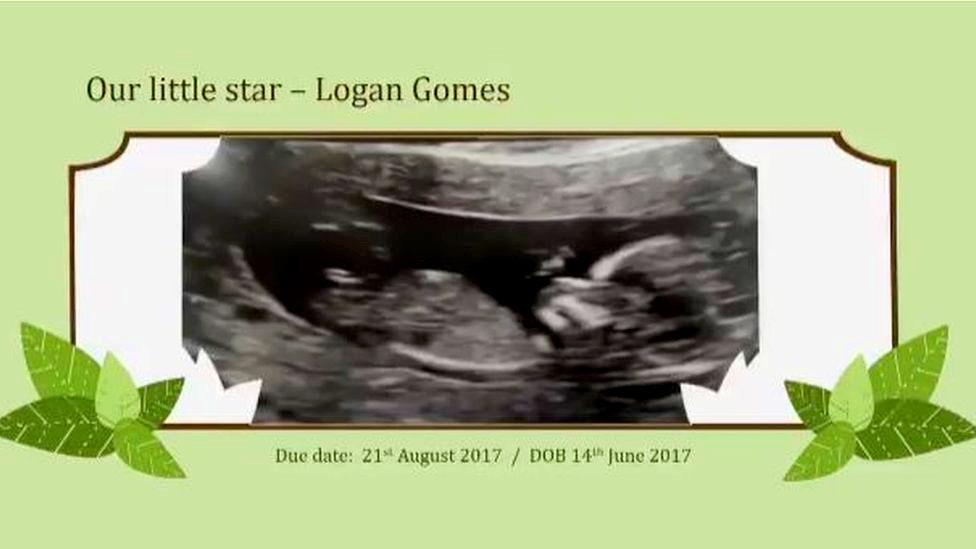Grenfell Tower Inquiry: Emotions and stories from hearing's first week
- Published
Grenfell Tower Inquiry: Names of all 72 victims read out
The public inquiry into the Grenfell Tower fire began with seven days of commemorations to the 72 victims. The BBC has been there throughout.
It has felt like attending funeral after funeral all on the same day.
And then more the next day.
The Grenfell community have had to live with their loss and grief for nearly a year. But over the last two weeks they have let others in.
It has been a draining, emotional, angry, uplifting but mainly desperately sad few days.
Friends and relatives have bared their souls and shared their most intimate grief and pain with the world.
Some have taken to the inquiry stage alone, others have come in large family groups.
Some have stayed controlled, holding their emotions in.
Nazanin Aghlani (left): "It was not only the horrifying fire that took my mum's life that night."
Others have sobbed uncontrollably, unable to get the words out.
It's said the British often don't know how to cope with death, with everyone unsure what to ask and how to respond.
But what the first phase of this Grenfell Inquiry has shown is that, in the midst of this tragedy, there is a right way to do this.

Day-by-day: the inquiry so far

The families have been allowed as long as they like and to speak in whatever way they like, using words, videos, photos and poems, so that everyone can understand what lies under the phrase "Grenfell".
We are so used to saying "Grenfell" and that 72 people died that it has needed these days to remind us that for every person killed, there was a life lived.
And whether that life was a few months or many years it had value and meaning, and that person and their life and death affected so many around them.
'My Isaac would be here today' - Grenfell father
It took the first morning for everyone to work out how to respond.
Gradually the applause came at the end of every family's presentation and then the bereaved, the survivors, the police officers, the councillors, the lawyers, and - on one day, the Mayor of London - began to stand and clap.
As they came off stage the bereaved were hugged by those who had also lost, who were the only ones who could really understand. Many stayed to hear and support other relatives. It was collective grief.
It was the definition of community.
Ray "was a hero" that night as others sought refuge in his flat
I had interviewed some of the Grenfell families in the days and months after the fire, but we learned new things even from the ones whose stories had been told.
It was a little glimpse into full lives, and those that were yet to be fulfilled.
There was the devout Muslim who was also a food blogger, the woman who texted her mum every morning and night, the Spanish woman who spoke four other languages, the grandfather who loved his dog Marley, the mother who loved her job in the kitchen of a hospital and the dad who always cooked breakfast for his sons.
Their neighbours included the man who'd lived in this area of West London all his life, the boy who loved chicken and chips, the woman from Iran who loved the Queen, the grandmother who talked to pigeons and the mother who hadn't seen her son for 15 years.
We also met the beloved uncle who was scouted by Arsenal, the 82-year-old man who enjoyed action movies, the sister who was due to have an interview for her dream job the day after the fire and the boy who jumped like Spider-Man.
Abu Baker Ibrahim was applauded at the inquiry, as were other victims' relatives
What was also striking was the number of victims who had to fled to the UK to escape war or persecution: from Syria, Iran, Sudan, Afghanistan and Eritrea.
Time after time families said the victims had felt safe in Britain and told how they had escaped the horrors abroad, only to die in one here.
It seems unfair to pick out just one moment from the days of tributes, but perhaps it was the innocence of youth that caught everyone in the room.
The young cousin of 12-year-old Biruk Haftom, who died alongside his mother, told the inquiry Biruk was good at keeping secrets.
"Let me tell you a secret," he said, addressing his deceased cousin.
"I wish I was with you there that night, but don't tell my mum."
- Published30 May 2018
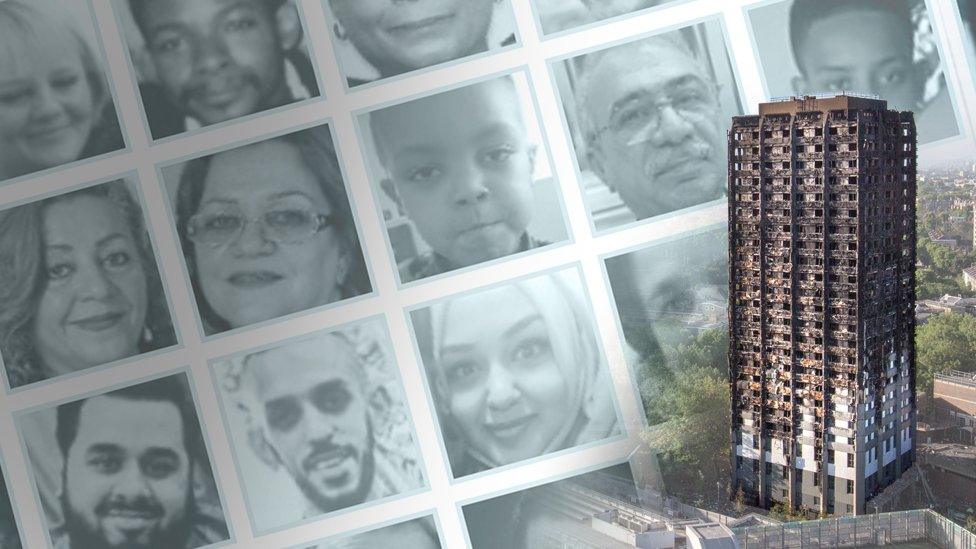
- Published30 May 2018
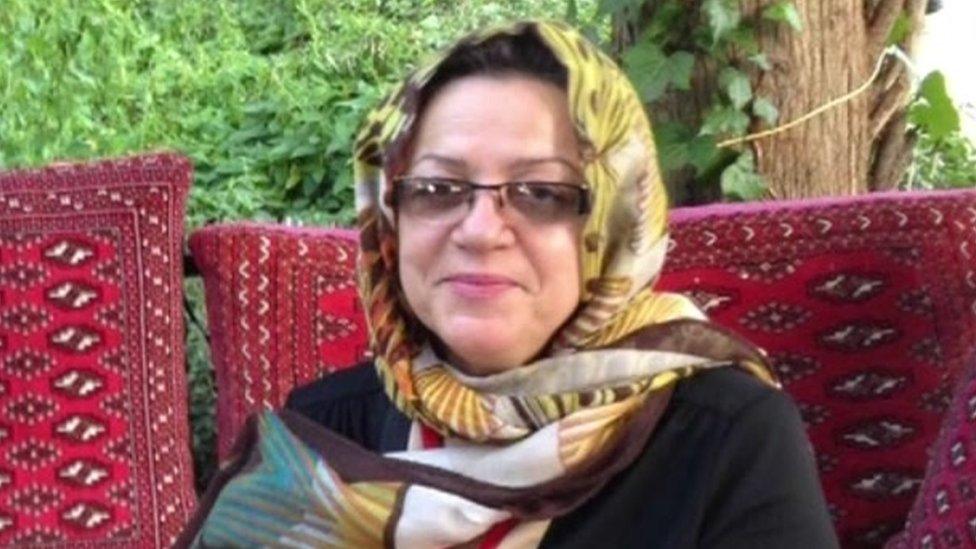
- Published21 May 2018
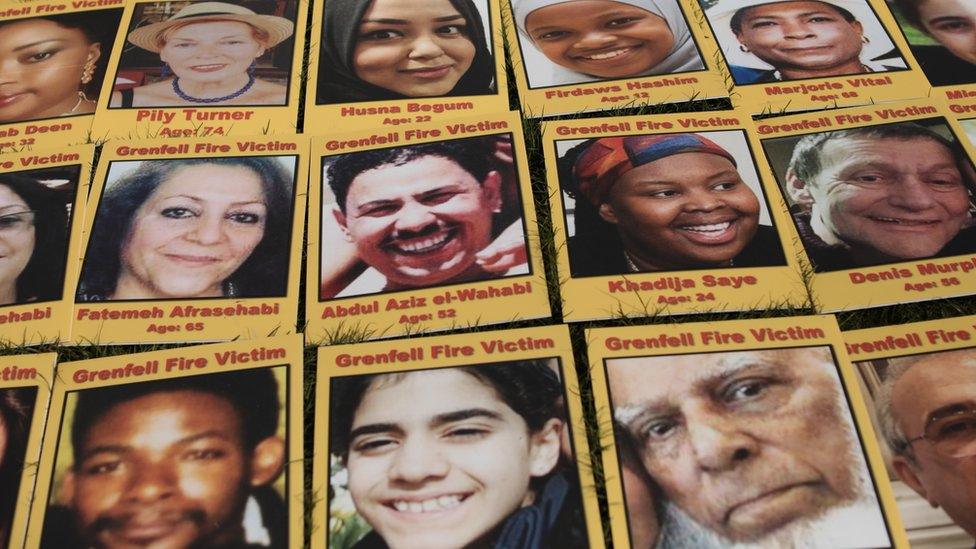
- Published29 May 2018

- Published24 May 2018
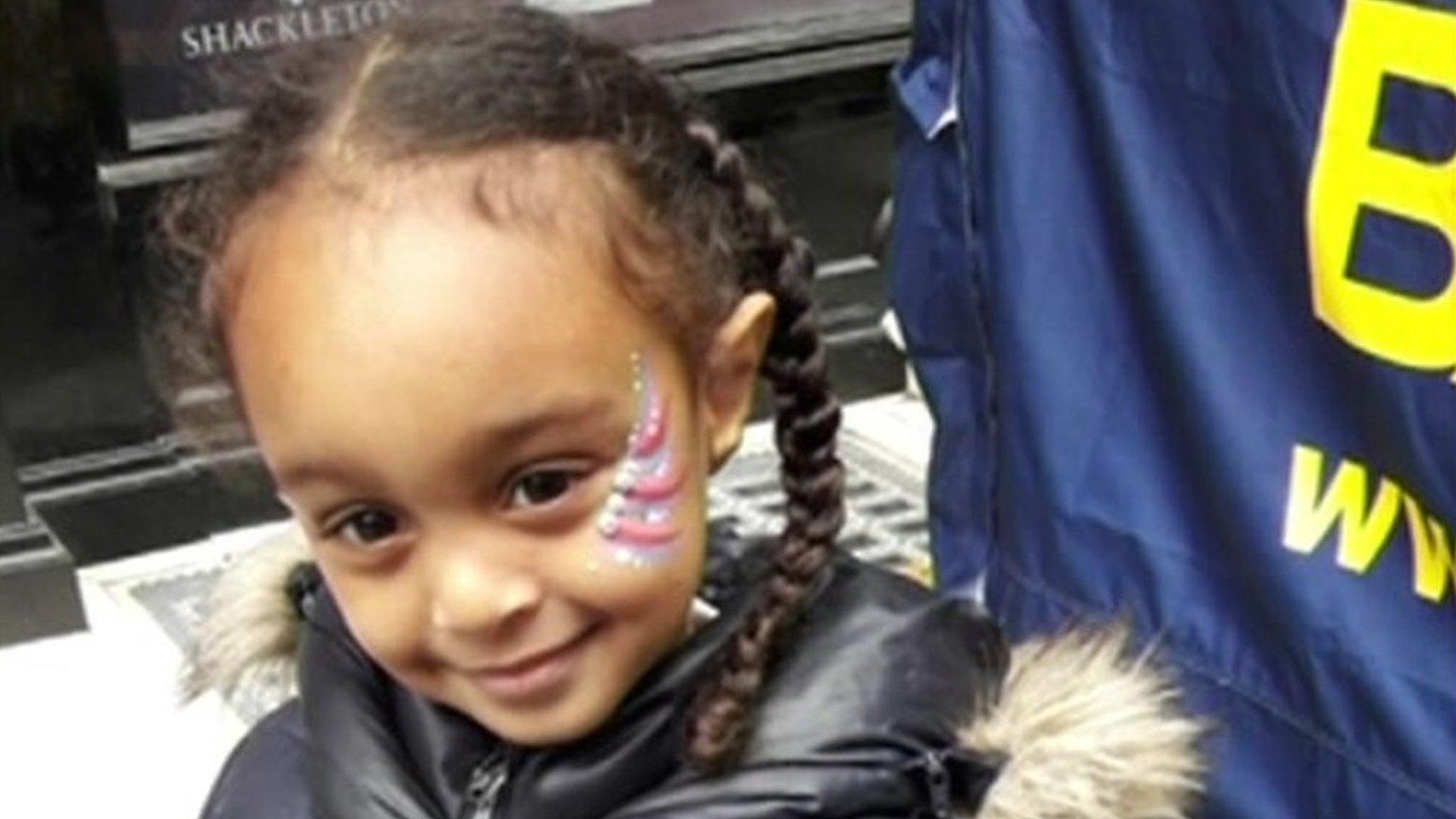
- Published22 May 2018
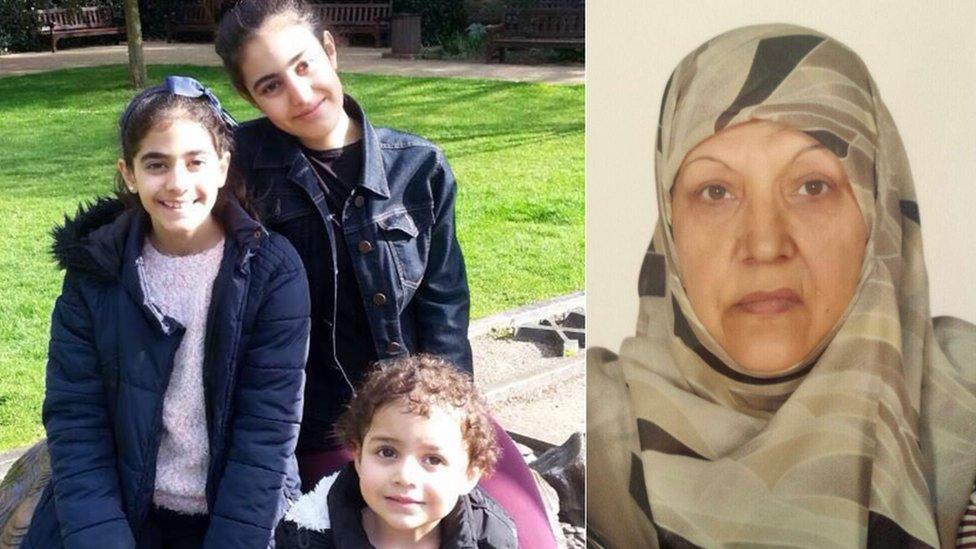
- Published23 May 2018
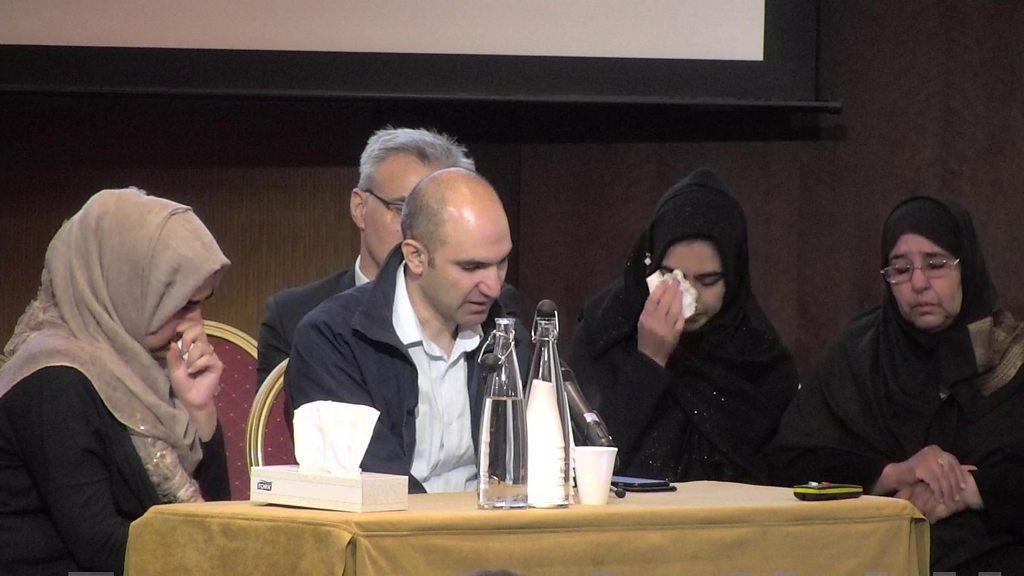
- Published21 May 2018
